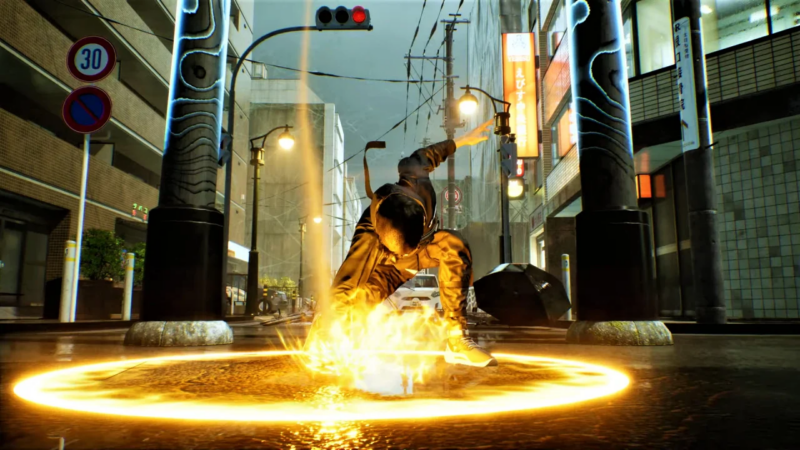
Denuvo no longer provides the kind of uncrackable, piracy-protecting armor that it used to. Still, publishers often pay for the protection in an attempt to extend a “piracy-free” time window around a game’s release, when most legitimate sales occur for most titles.
So it’s a bit odd that Bethesda Softworks has just quietly added Denuvo protections to Ghostwire Tokyo, a game that was quickly cracked after its Denuvo-free release just over a year ago.
The late addition was confirmed by DSOGaming, which says it triggered the new Denuvo protections in the game’s latest Steam update by simulating frequent changes in the CPU. While fresh Denuvo protection seems unlikely to impact piracy for the long-cracked title, it could serve as a shield for new DLC and expansion content.
Reversing the timeline
Bethesda’s apparent “close the barn door after the horse has bolted” strategy here is the reverse of the usual pattern across the industry, where publishers eventually remove Denuvo protection after the launch-window piracy protection it provides has been mooted by a crack (an event that can happen rather quickly, even with Denuvo in place). Capcom recently removed Denuvo protection from 2021’s Resident Evil Village, mirroring a Denuvo timing pattern it has used for previous Resident Evil and Monster Hunter releases.
The Ghostwire addition comes alongside the recent addition of a “Denuvo anti-tamper” notice on the Steam page for the upcoming Bethesda shooter Redfall, which launches in just a few weeks. Such a notice has yet to appear on the page for Bethesda’s Starfield, which doesn’t launch until September.
Piracy issues aside, Denuvo has received widespread criticism for allegedly hurting performance when compared to unprotected versions of the same game. Ars’ testing found those allegations weren’t true for Warner Bros.’ Arkham Knight, but Digital Foundry found Denuvo caused some minor CPU-based slowdown in Devil May Cry 5.
In 2020, Bethesda accidentally undermined its own use of Denuvo in Doom Eternal by including an uncracked version of the game in a folder called “Original” alongside the Bethesda Launcher release. https://arstechnica.com/?p=1931865

